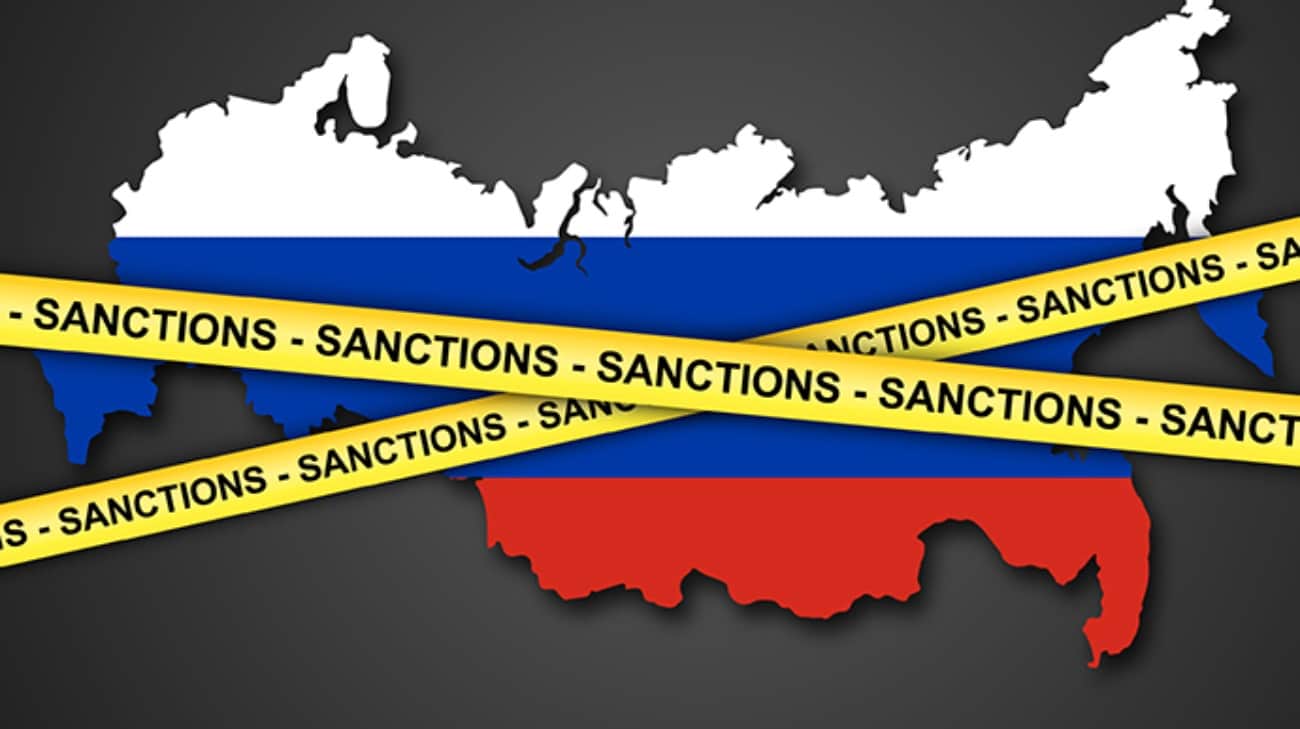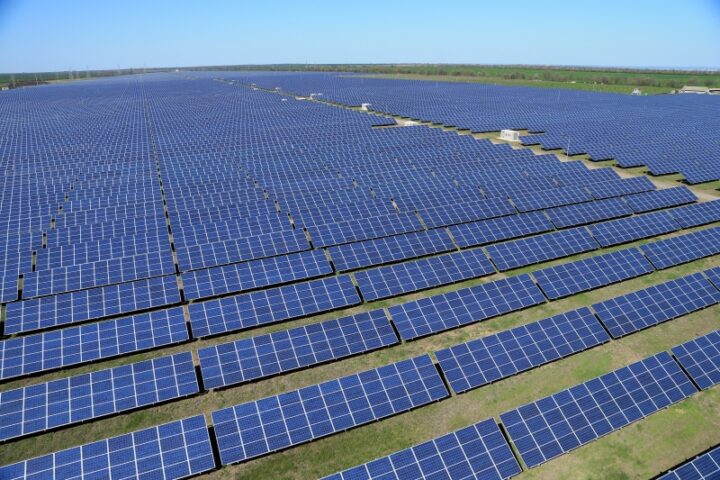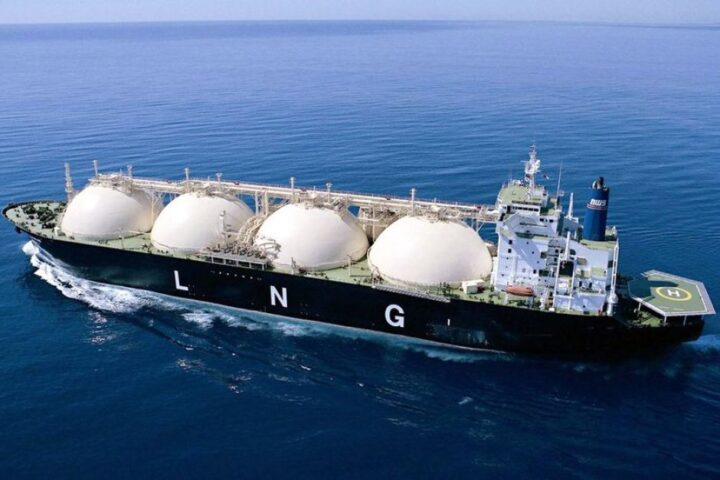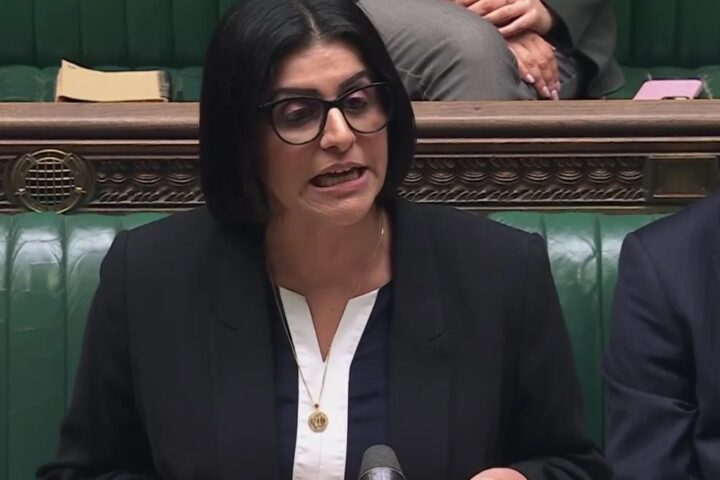The European Union could approve its 18th package of sanctions against Russia as early as this week, according to Polish EU Affairs Minister Ignacy Niemczycki. But internal opposition from Hungary and Slovakia threatens to delay the bloc’s effort to tighten economic pressure on Moscow over its ongoing war in Ukraine.
The new sanctions proposal, revealed on 24 June, comes ahead of a European Council summit scheduled for Thursday and Friday in Brussels. While most EU member states have voiced strong support for further punitive measures, concerns over energy security and economic fallout remain central to the objections from Budapest and Bratislava.
“We are waiting for the results of the summit on Thursday, and I believe that after Thursday the negotiations will be much easier. We remain optimistic,” Niemczycki said on Monday.
Hungary and Slovakia resist over energy concerns
Hungary and Slovakia have raised objections to the package’s potential impact on their economies, particularly as the EU pushes forward with its plan to eliminate Russian oil and gas imports by 2027. Both governments argue that new restrictions could further destabilise domestic energy markets and hamper post-pandemic recovery.
Prime Ministers Viktor Orbán and Robert Fico have consistently voiced scepticism towards tougher sanctions, citing energy dependence on Russia as a key vulnerability. But diplomats from several EU countries have warned that such objections risk undermining European unity against Russian aggression and weakening the bloc’s collective leverage.
Delays could weaken EU’s strategic response
The deadlock over the 18th sanctions package threatens to dilute pressure on the Kremlin, offering Russia additional time and resources to escalate its war effort. A delay would not only diminish the impact of economic restrictions but also increase the risk of a broader regional conflict, especially as Russia continues to target Ukraine’s energy infrastructure and defence systems.
Analysts note that internal divisions within the EU provide Moscow with strategic opportunities to exploit political fragmentation. Each delay in the EU’s response sends a signal of discord, potentially emboldening the Kremlin and reducing the perceived cost of continued aggression.
Broader implications for European security
The EU’s ability to act in unison has been a cornerstone of its strategy to counter Russia’s full-scale invasion of Ukraine, which entered its fourth year in February. Diplomats stress that solidarity in sanctions enforcement is not just a moral imperative, but a practical necessity in deterring further escalation.
Failure to adopt the sanctions package promptly could undermine regional stability, with the Baltic states and other NATO members growing increasingly concerned about potential spillovers from the conflict. The longer the EU delays action, the greater the risk that Russia recalibrates its military posture and intensifies threats beyond Ukraine’s borders.
Pressure mounts ahead of EU summit
As leaders gather in Brussels, pressure is mounting on Hungary and Slovakia to accept the compromise terms being negotiated. Some EU officials suggest that mechanisms for energy diversification and financial support could help address their economic concerns, but insist that national interests must not eclipse the bloc’s overarching security objectives.
“Energy dependence cannot be used as an excuse to sabotage collective security,” said one senior diplomat involved in the talks. “We all face costs, but unity is what gives our response its strength.”
If adopted, the 18th sanctions package would include further trade restrictions, expanded asset freezes, and additional measures aimed at curbing Russia’s ability to finance its war. EU leaders have signalled that the time for hesitation is over — the Kremlin, they argue, must see that Europe’s resolve remains unbroken.














